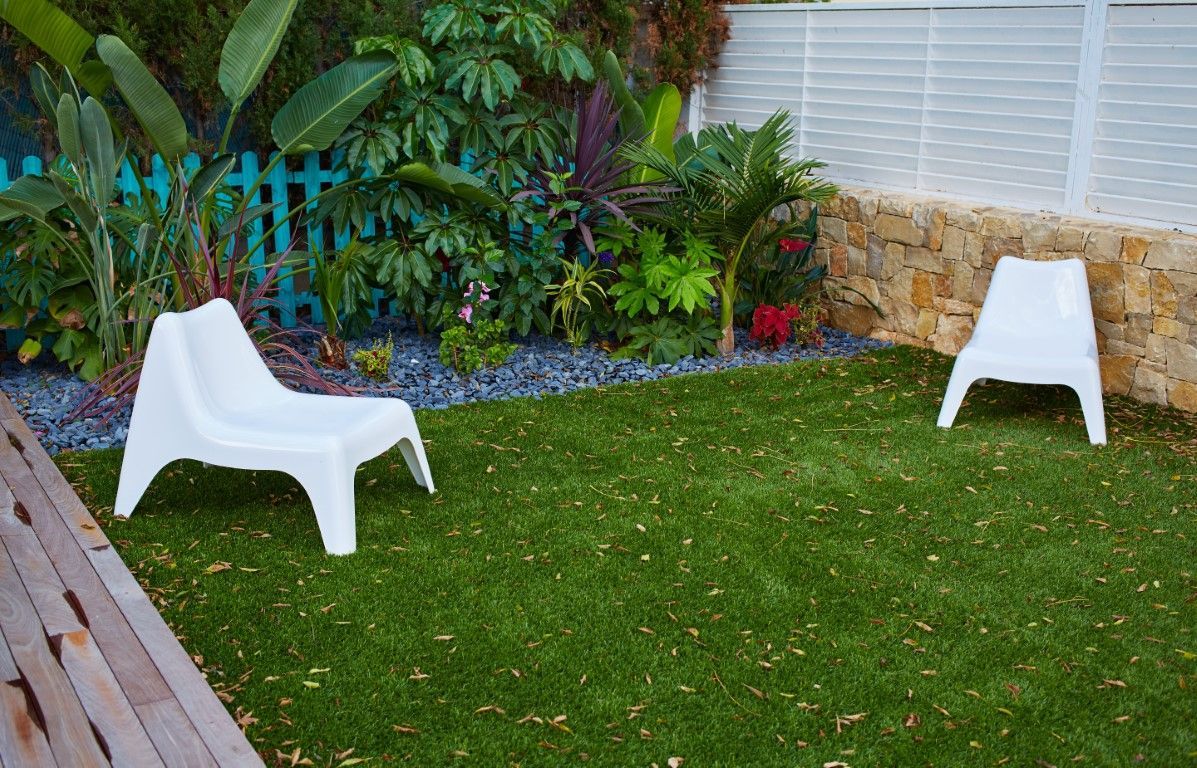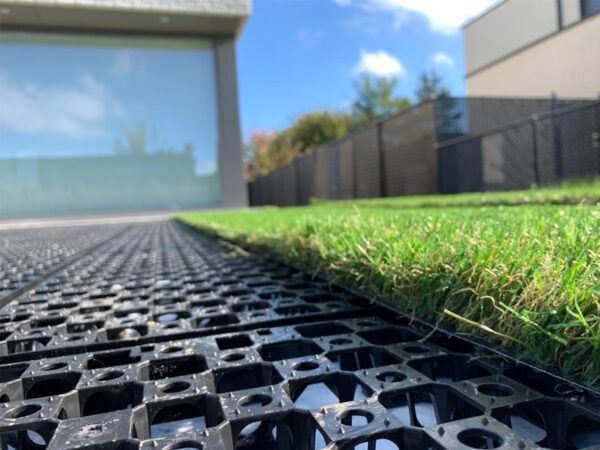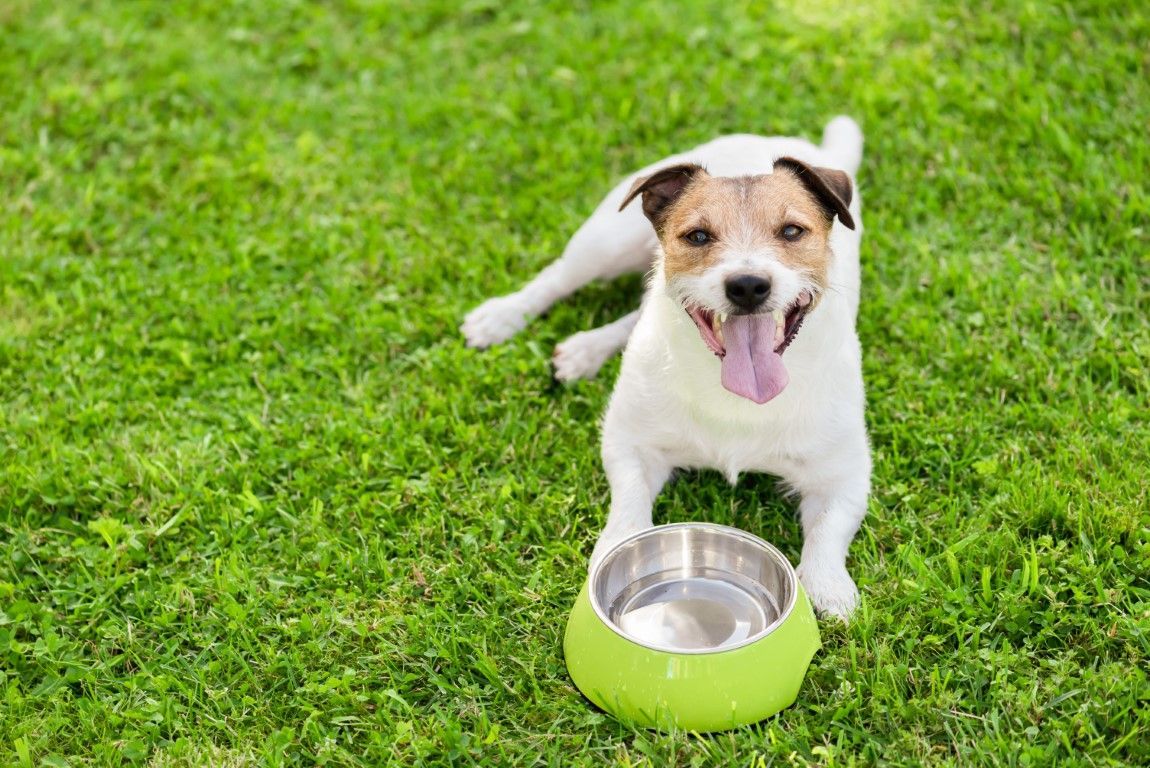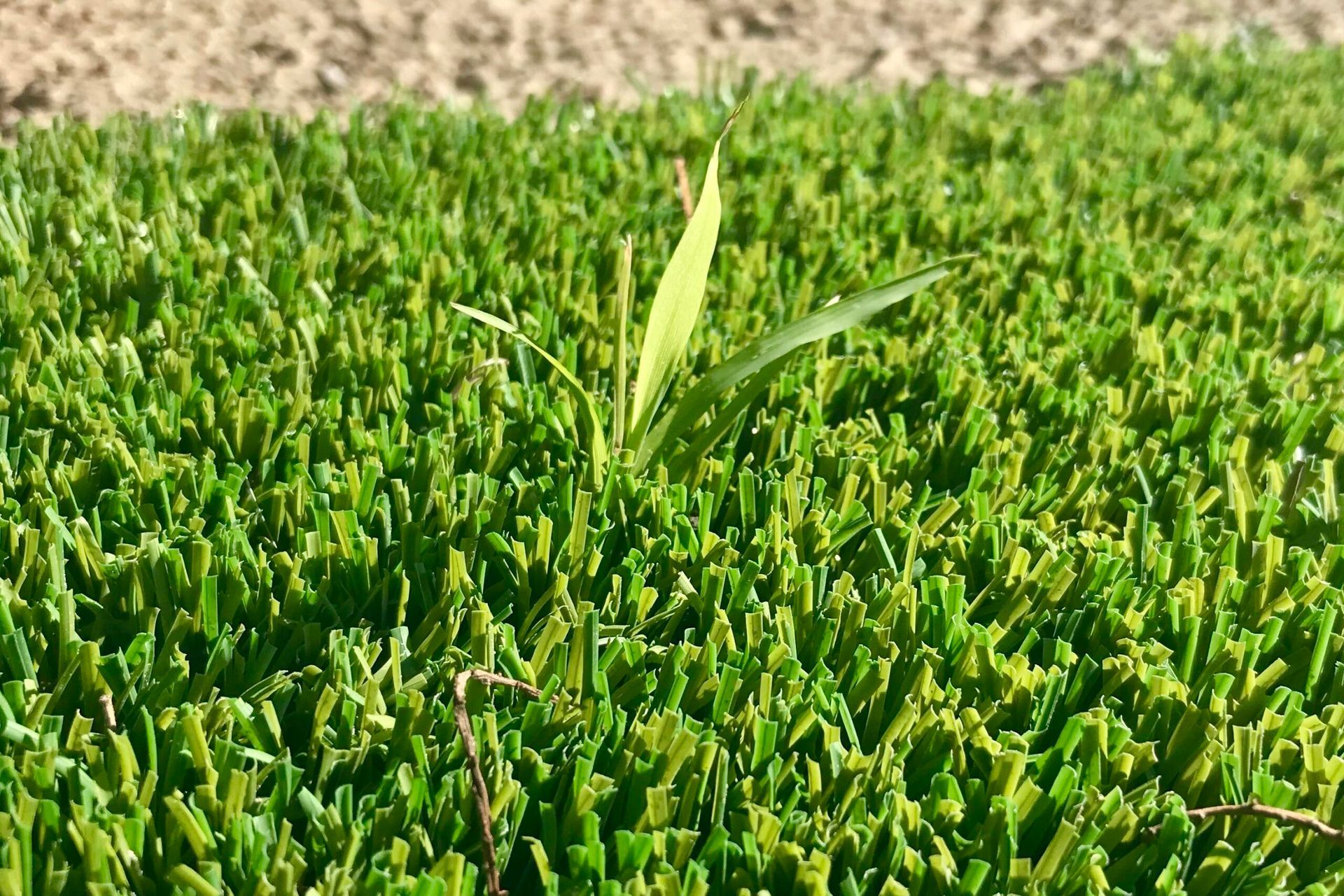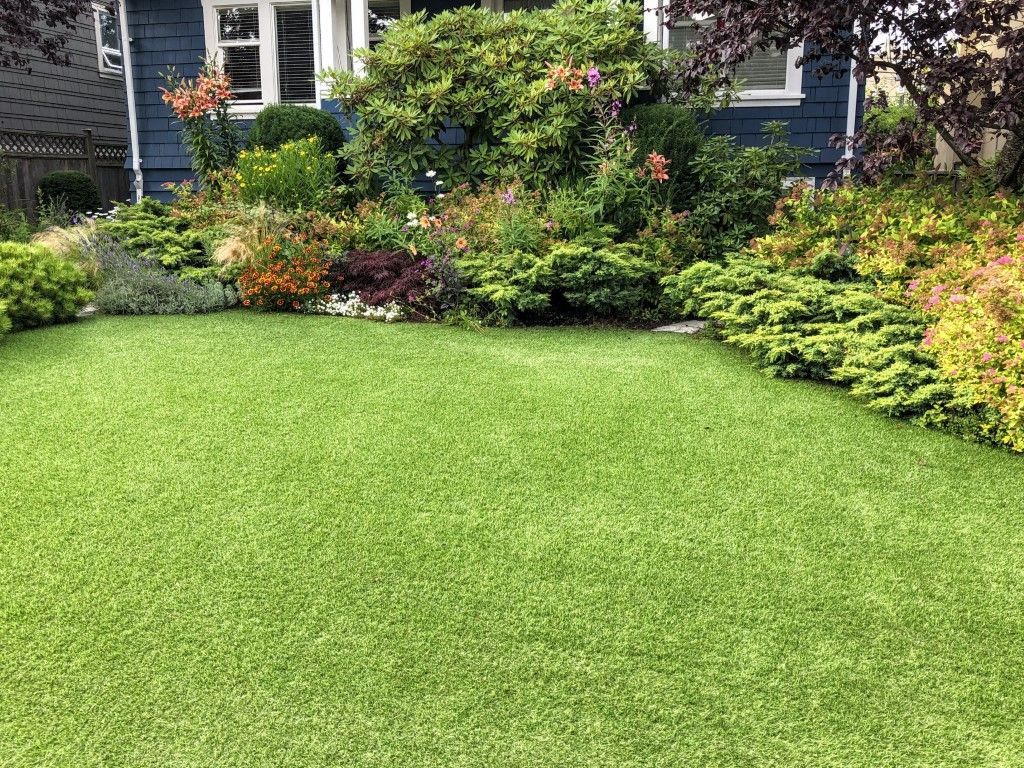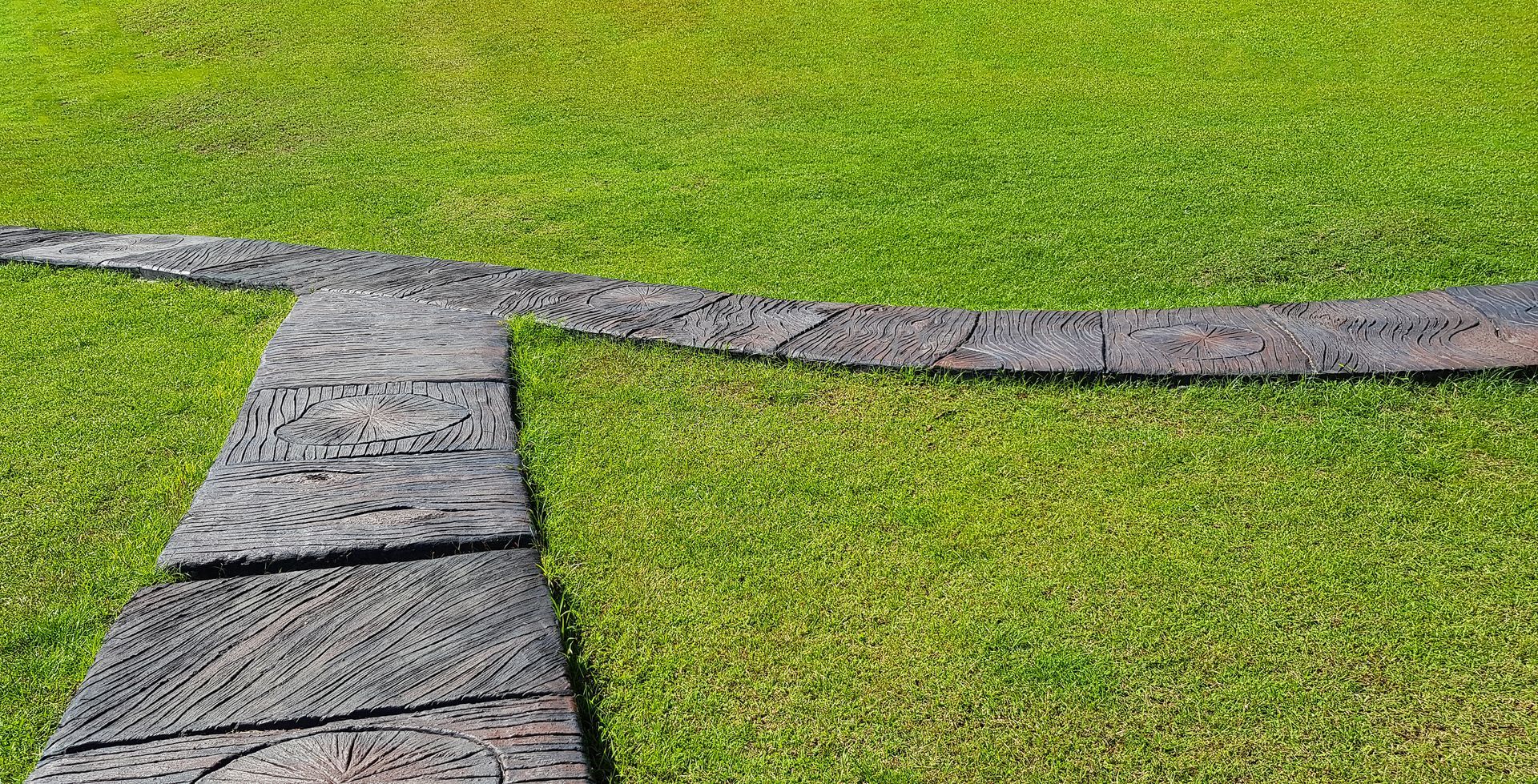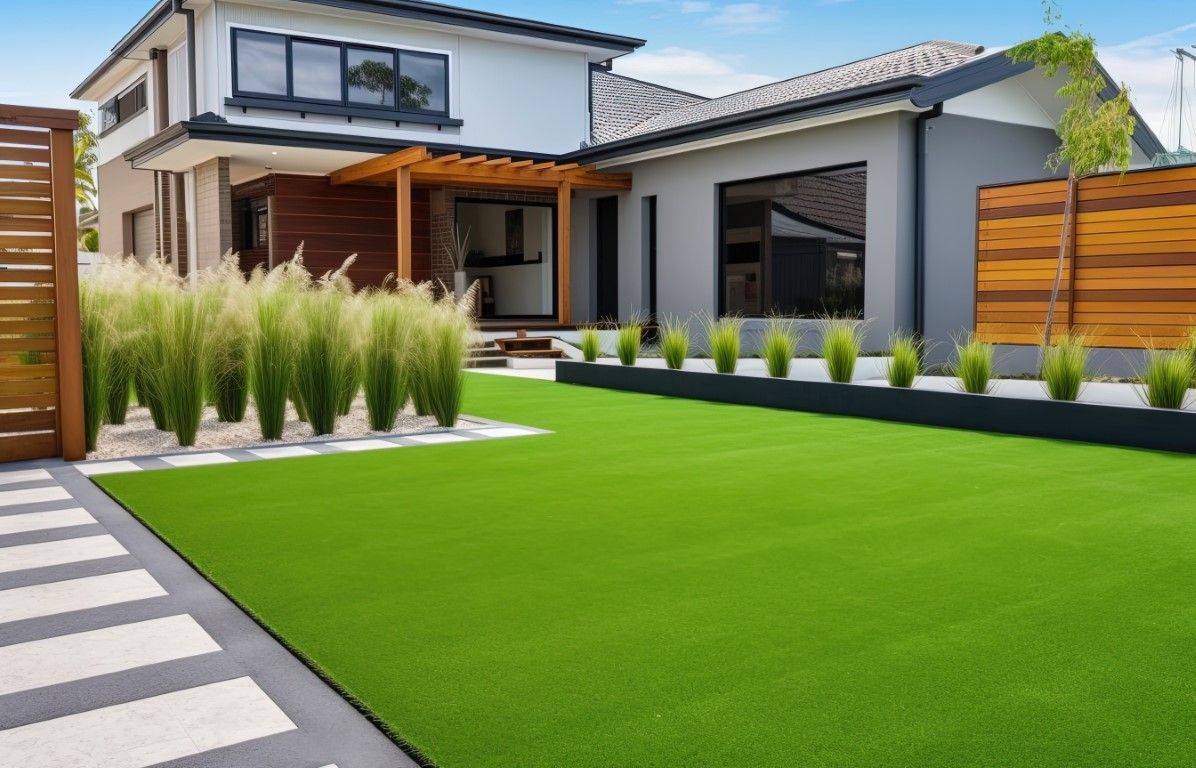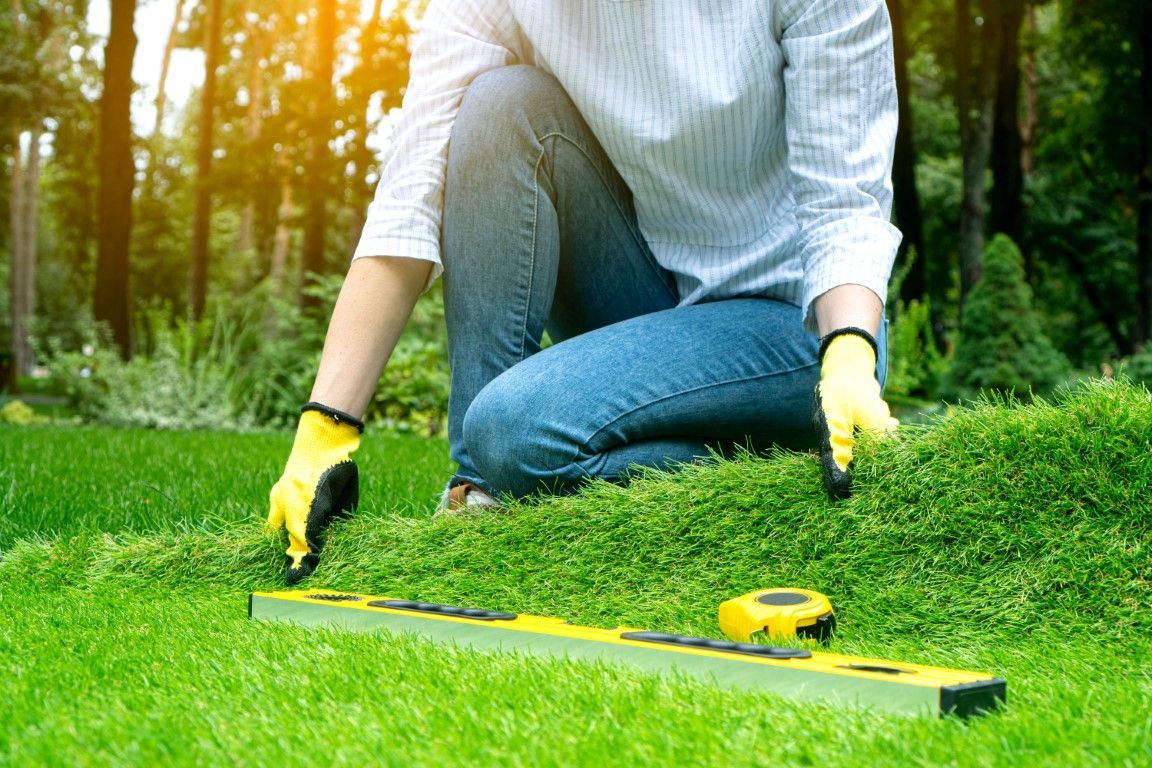Can Artificial Grass be Recycled?
The Eco-Friendly Truth: Can Artificial Grass Be Recycled?
Introduction:
Artificial grass, also known as synthetic turf, has become a popular alternative to natural grass due to its low maintenance and water-saving benefits. However, as environmental awareness grows, many are wondering about the sustainability of artificial grass. One question that often arises is whether artificial grass can be recycled. In this article, we'll explore the recyclability of artificial grass and its impact on the environment.
Recycling Artificial Grass:
While artificial grass is primarily made from non-biodegradable materials such as polyethylene and polypropylene, it is possible to recycle it. Recycling artificial grass involves separating the various components, such as the plastic fibers and the backing material, and processing them for reuse.
The Recycling Process:
The recycling process for artificial grass typically involves the following steps:
- Collection: Used artificial grass is collected from various sources, such as sports fields, landscaping projects, and residential installations.
- Separation: The grass is separated into its component parts, including the plastic fibers, backing material, and infill.
- Cleaning: The components are cleaned to remove any contaminants, such as dirt and debris.
- Shredding: The cleaned components are shredded into smaller pieces to facilitate processing.
- Recycling: The shredded components are processed and recycled into new products, such as plastic lumber, carpet backing, and other plastic products.
Benefits of Recycling Artificial Grass:
Recycling artificial grass offers several environmental benefits, including:
- Reducing Waste: Recycling artificial grass helps divert waste from landfills, reducing the environmental impact of disposal.
- Conserving Resources: Recycling allows for the reuse of materials, reducing the need for virgin materials and conserving natural resources.
- Energy Savings: Recycling requires less energy than producing new materials, resulting in energy savings and reduced greenhouse gas emissions.
- Environmental Protection: Recycling helps protect the environment by reducing pollution and preserving natural habitats.
Challenges and Considerations:
While recycling artificial grass is possible, there are challenges and considerations to keep in mind:
- Contamination: Artificial grass can be contaminated with dirt, debris, and infill materials, which can make recycling more challenging.
- Cost: The cost of recycling artificial grass can be higher than disposing of it in a landfill, which can be a deterrent for some.
- Limited Recycling Facilities: There may be limited facilities that accept and recycle artificial grass, depending on your location.
Conclusion:
While artificial grass can be recycled, the process is not without its challenges. However, recycling artificial grass offers environmental benefits and helps reduce waste. As awareness of the environmental impact of artificial grass grows, recycling may become a more viable option for disposing of used artificial grass.
